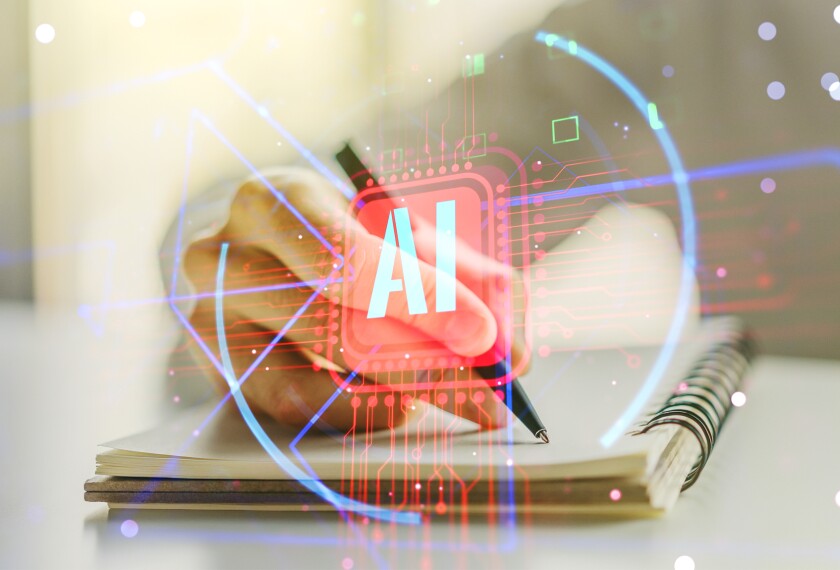What if much of what we assumed about students and ChatGPT was wrong?
When the generative artificial intelligence program was first made available for widespread use nearly a year ago, awe at the technology’s ability to generate essays on complex topics in seconds swiftly turned to panic that no student would ever do their own homework again.
But new should call those assumptions into question. In a nationally representative survey of high school students conducted in July and August, only about a quarter of students said they have used a generative AI program like ChatGPT for school assignments.
It turns out that students are using the technology for a range of reasons, from engaging in their hobbies to dealing with mental health and anxiety issues (which brings with it other concerns) to, yes, writing papers.
However, the early and what some experts call exaggerated alarm over students using ChatGPT might have lasting consequences: The perception that students are using AI to cheat could be negatively influencing teachers’ attitudes toward their students. Half of teachers say that generative AI has made them less excited about their students’ work because they can’t be sure it’s actually theirs.
Meanwhile, one in four parents report their child has gotten in trouble or experienced negative consequences for using generative AI to complete an assignment. Among parents of students receiving special education, 31 percent say their child has gotten in trouble for using generative AI.
Following are five charts detailing how students are using generative AI, how much teachers perceive them to be doing so, and whether teachers are receiving guidance and training on generative AI’s use in their schools.






